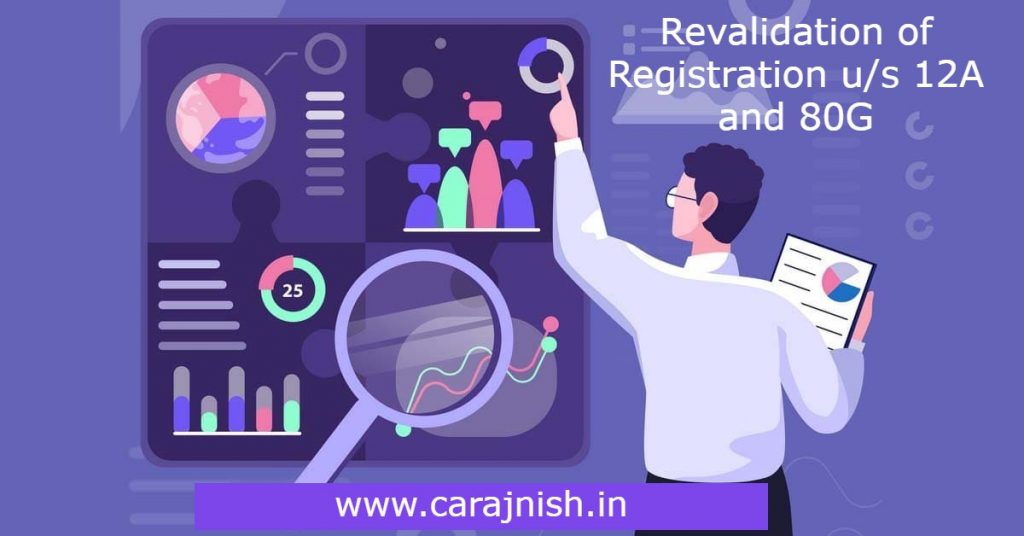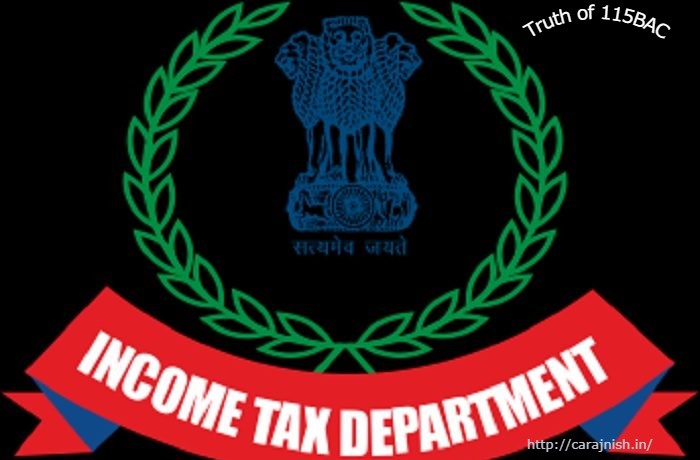Multi-national enterprises (MNEs) do make monthly provision for variousexpenses in their ERP system at the end of each month. This might be anearer approximation of the expenditure to be incurred. It is a method ofgenerating a debit entry in the accounting system for an expenditure relatingto, say, engineering, R&D, logistics, legal & professional charges oradministrative expenses – based on their monthly budgeting process.
This is done primarily for two reasons:
1. The parent company ought to know the true and fair view of the profit orloss earned during the respective month/quarter/half year or on anannualised basis.
2. To amortise a provision for big ticket expense, which is budgeted and isaccrued or is incurred over a period of time.
Accrual being one of the fundamental accounting assumptions requires thatthe provisions for expenses are recorded, as and when they are incurred oraccrued.
AS-29[see end note 1] attempts to distinguish ‘provisions’ with ‘contingentliabilities’ and provides that ‘provisions’ are present obligations, i.e., itsexistence is considered probable (more likely than not), while ‘contingentliabilities’ are possible obligations, i.e., its existence is considered notprobable.
Typically, such provisions are made on the last date of the every month,quarter or half yearly or annually, as the case may be, and usually reversed onthe first day of the subsequent month /quarter / half year or yearrespectively. Usually, such provisions are made on estimated basis or onhistorical data base available in some cases.
The tax deduction provisions require that the payer should deduct taxes atsource at the time of payment or credit to the account of payee, whichever isearlier. Further, it also provides that if the relevant amount is credited to a“suspense account” or “any other account” by whatever name called, even thenit calls for deduction of tax at source.
Of late, the issue that whether the payer should be treated as “assessee indefault” under section 201(1) of the Act [see end note 2] for not deductingtax at source on the year end provisions and whether the interest undersection 201(1A) of the Act is leviable in such cases, has gained significance.Perplexed and wary of such situations, the payers are taking varied stands.
Legal framework
The crucial words in all the respective provisions relating to tax deduction atsource are ‘at the time of credit of such income to the account of payee or atthe time of payment thereof…….. whichever is earlier’.
Thus, where such sum is (a) paid to the account of payee or (b) liability inrespect thereof is booked with a corresponding credit to the account ofpayee, whichever is earlier, the obligation to deduct tax will trigger at thatpoint of time.
Tax deduction was circumvented by large number of payers by adoptingdevice of crediting the sum to ‘suspense account’ and it was easier for thepayers in such cases to take a stand that though the liability was booked, sofar as it was not credited to the account of the payee, tax thereon was oughtnot to be deducted. With a view to plug that loophole the Finance Act, 1987first introduced the Explanation in section 194A of the Act to provide that,“where any income by way of interest is credited to any account, whethercalled ‘Interest payable account’ or ‘Suspense account’ or by any other namein the books of account of the person liable to pay such income, suchcrediting shall be deemed to be the credit of such income to the account ofthe payee………”
Similar amendment was later brought at relevant places in some of the othertax deduction provisions as well. Since then, the issue has been a subjectmatter of big dispute and there has been contradictory ruling on this aspect;let us have a look at the key findings of some of these rulings.
Pfizer’ case[see end note 3]- The provision for expenses was made withoutcrediting the same to the accounts of the respective payees. The payerdisallowed the entire expenditure in respect of the said provision undersection 40(a)(i) and 40(a)(ia) of Act. In the next year the entire provision forexpenses was reversed and the actual amounts paid to the respective payeeswere credited to their respective accounts after deducting tax thereon. Onthese facts, the Tribunal held that (a) as the payees were not identifiable, thetax deduction provisions were not applicable, the whole scheme of taxdeduction is based on the assumption that the payer knows the identity ofthe payee, and (b) once the amount has been disallowed under section 40(a)(i) of the Act, it cannot be again subjected to deduction of tax.
IBM’s case [see end note 4]- On similar set of facts, as stated in Pfizer’s case(supra), the Tribunal held that, (a) once there is a disallowance under Section40(a)(i) and 40(a)(ia) of the Act, it is not possible to argue that there was noliability to deduct tax at source, (b) it is clear from the statutory provisionsthat the liability to deduct tax at source exists when the amount is credited toa ‘suspense account’ or any other account by whatever name called, whichwill also include a ‘provision’ created in the books of accounts, (c) theargument, that there is no accrual of expenditure as per the mercantilesystem of accounting since the payee is not identified, is not tenable and (d)the statutory provisions clearly envisage ‘collection at source’ de hors the‘charge under Section 4(1) of the Act’.
Ericsson’s case[see end note 5]- On similar set of facts, the High Court heldthat the machinery sections of collection and recovery of tax cannot be readin isolation of the charging provisions. The credit of any sum to the accountof payee would be subject to tax deduction only if credit of such amountreflects accrued income in the hands of the payee, which is chargeable to taxunder the Act. The High Court further observed that, the rationale forimposing an obligation to deduct tax at source on a credit entry being passedby a payer in favour of payee, is that such entry represents anacknowledgement of debt by a payer in favour of a payee; the debtacknowledged is in respect of an income that has accrued in favour of thepayee; and such income is exigible to tax under the Act. The High Courtconcluded that mere passing of book entries, which are reversed, would notgive rise to an obligation to deduct tax at source by the payer, as clearly,there is no debt that can be said to be acknowledged.
Thus, the following important ratios emerge which may be determinative:
- where the payees were not identifiable, the tax deduction provisions arenot applicable,
- once the amount has been disallowed under section 40(a)(i) of the Act, itcannot be again subjected to deduction of tax,
- mere passing of book entries, which are reversed, would not give rise toan obligation to deduct tax at source by the payer, since there is no debtthat can be said to be acknowledged
However, given the aforesaid ratios, we still have two different tribunals withdramatically opposite conclusions and one High Court ruling amidst whichone is left with no clear stand to adopt and follow.
There could be following two situations under which the payer is obliged todeduct taxes:
- where the liability has become due but is not paid
- where the liability has not become due but is paid
In case of (I), the obligation to deduct taxes arises at the time of credit and, incase of (II), such obligationarises at the time of payment.
However, there can be a third situation also,
- where the liability itself has not become due and is not paid also
The revenue authorities in such cases seek to lay their hands on a sum, whichis only an estimation of an eventual liability. This was never intended to becovered under the ambit of ‘tax deduction’ provisions. Similar view was alsohighlighted in CBDT Circular [see end note 6] issued in the context of section194A of the Act.
Conclusion
Thus, mere book entries, being notional and interim in nature should ideallybe not subjected to deduction of tax at source as per the relevant provisionsof Act. With conflicting decisions of two Tribunals and one High Courtdecision to the rescue of the taxpayer, the legal position is quite perplexingfor the taxpayers. However, since the accounts drawn up on amonthly/quarter/yearly basis are not final and subject to the test of law, it isfair to conclude that mere book entries and reversal shall not be subjected tothe rigours of the provisions relating to deduction of tax.
1. ‘Accounting Standard – 29’ on ‘Provisions, Contingent Liabilities andContingent Assets’ issued by ICAI
2. Income Tax Act, 1961
3. Pfizer Ltd. v. ITO – (2013) 55 SOT 277 (Mum Trib.)
4. IBM India (P.) Ltd. v. ITO (TDS) – (2015) 59 taxmann.com 107 (Bang. Trib.)
5. DIT v. Ericsson Communications Ltd. (ITA No. 106/2002)
6. Circular No. 3 of 2010 dated 2-3-2010



